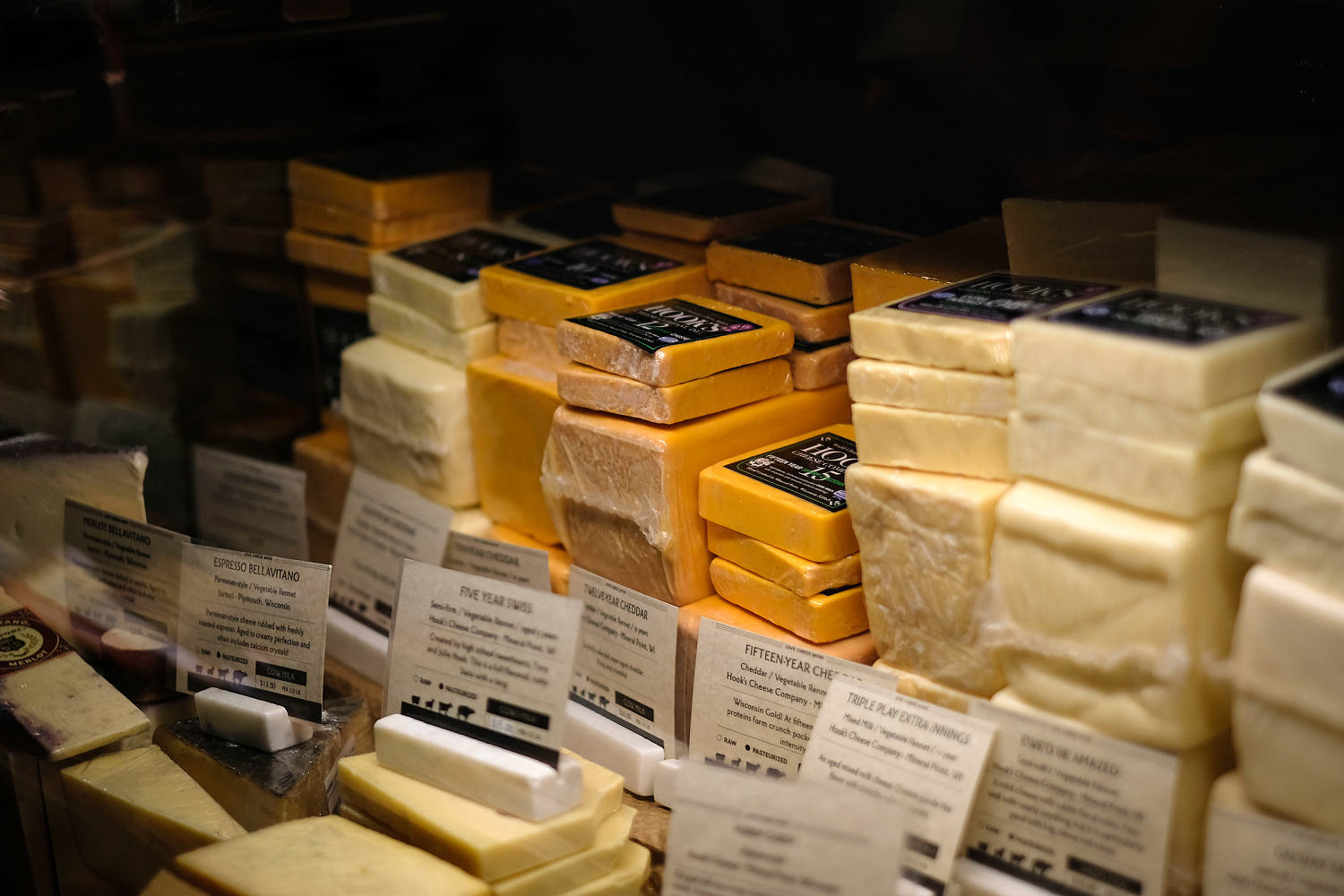Can cheese turn your dreams into nightmares?


Dairy products might be meddling with your dreams.
New research published Tuesday in the journal Frontiers in Psychology surveyed sleep habits, particularly dreams, and compared them with peoples’ eating habits. One of the findings? The worse lactose intolerance symptoms people had, the more intense their nightmares were.
The study may offer some answers to questions raised by research from 2015 that looked at factors that influence “food-dependent dreaming” — in other words, how foods affect dreams.
“In the earlier study, people were blaming cheese all the time for their bad dreams,” said Tore Nielsen, a professor of psychiatry at the University of Montreal who co-authored both studies. “And so I think we got some better answers in the study for that.”
The study included just over 1,000 participants. People who responded that they had severe gastrointestinal symptoms from their lactose intolerance reported stronger nightmares, measured by the frequency of nightmares, the level of distress they caused, how much they impaired daily activities and the duration of the nightmares across months. The participants most commonly blamed their bad dreams on dairy and sweets.
The participants took the survey as part of an undergraduate introductory psychology class. Because of that, the results may not apply to the wider population.
Still, both the researchers and outside experts said there are plausible explanations for why a cheesy meal before bed could lead to bad dreams.
Symptoms of anxiety that might accompany lactose intolerance could be creating more nightmares, Nielsen said.
Marie-Pierre St-Onge, the director at the Center of Excellence for Sleep & Circadian Research at Columbia University Irving Medical Center, said the sleep disturbances caused by gastrointestinal issues may explain the link.
“If you have GI issues, that could account for a lot of what’s happening in terms of your sleep disturbances that could be associated with different dreams,” St-Onge said.
Patrick McNamara, an associate professor of neurology at Boston University Chobanian & Avedisian School of Medicine who studies the brain and sleep, said eating a trigger food for lactose intolerance may cause “micro-arousals” that disturb sleep quality, resulting in stronger nightmares.
However, both McNamara and the study authors cautioned that other factors unrelated to gastrointestinal symptoms could play a role, as well.
Nielsen said he wants to see more research done on the link between dairy and dreams. Russell Powell, a co-author of the new study and professor emeritus of psychology at MacEwan University in Alberta, said they plan to try to replicate the findings in other groups.
Still, people can look at their own diets and make decisions about aspects to change — interventions that don’t necessarily need the assistance of a medical professional to do, Nielsen added.



